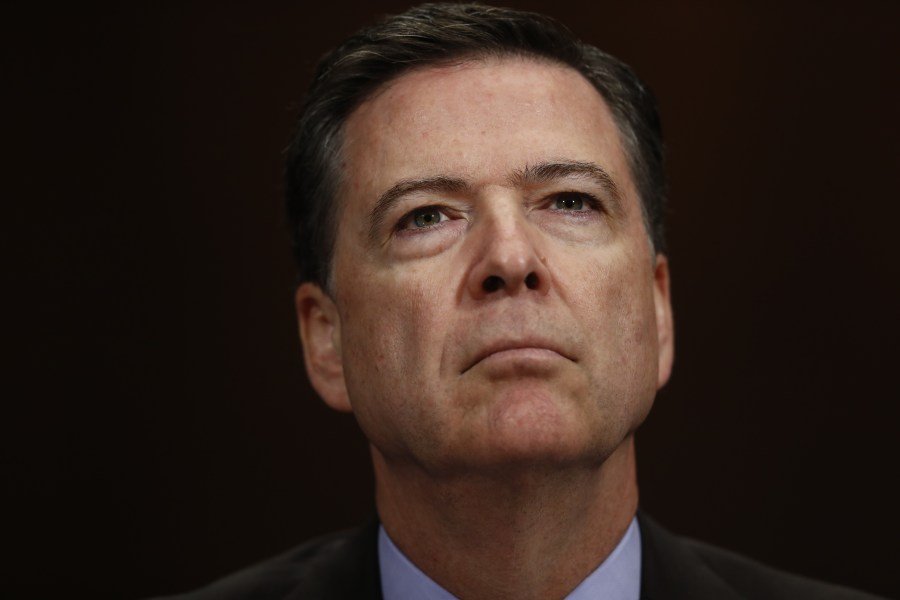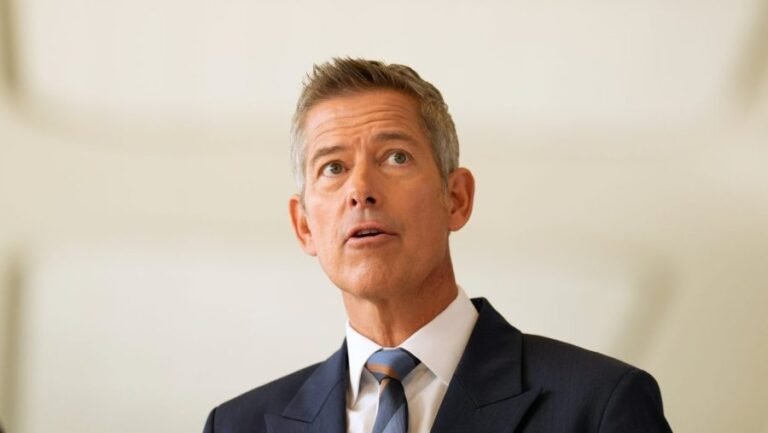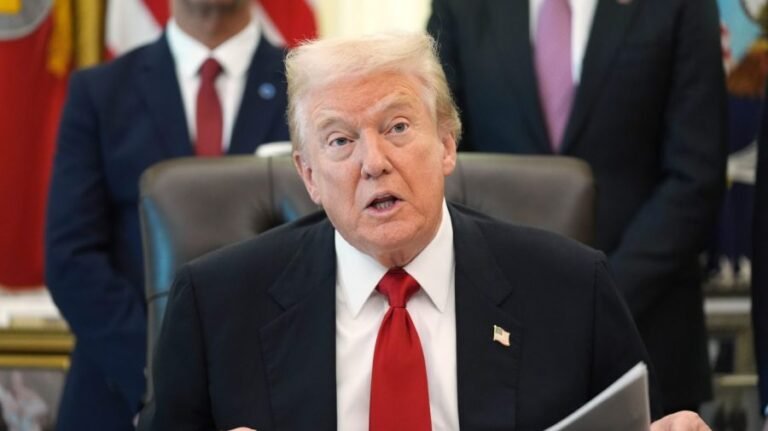
After three separate determinations by experienced federal prosecutors that the evidence did not justify an indictment of former FBI director James Comey, President Trump finally found someone willing to bring charges. He appointed his special assistant, Lindsey Halligan, as a federal prosecutor, her principal qualifications being lack of prosecutorial experience, disdain for an evidence-based indictment, and loyalty to Trump’s retribution agenda, and she did the hit.
By indicting Comey, Halligan put herself in the dock — and she is not going to like it.
Her dock will be a hearing on Comey’s motion to dismiss his indictment on the ground that his prosecution is both “vindictive” and “selective” in violation of the constitution. Legal commentators point out that such motions are “notoriously” difficult to win, because federal prosecutors have broad discretion as to whom to charge and on what grounds.
But consider the implications of the last sentence of Comey’s motion, in which he requests that, if the presiding federal judge, Michael Nachmanoff, does not dismiss the indictment, “the court should order discovery and conduct an evidentiary hearing.”
There is a strong likelihood that Nachmanoff will grant Comey’s request, allow his attorneys to obtain internal Justice Department documents concerning the decision to bring charges, and hold a hearing in which key Trump prosecutors testify and are questioned under oath by Comey’s attorneys. Effectively, Halligan and even Attorney General Pam Bondi will be put on trial.
One reason for discovery and a hearing is that there is unusually strong evidence that Comey is being vindictively prosecuted at Trump’s orchestration. Start with Trump’s public demands for vengeance against Comey — whom he has called among other epithets “untruthful slime ball” and “LEAKER & LIAR.” Further, Trump publicly forced Erik Siebert, his own appointee as interim U.S. attorney for the Eastern District of Virginia, to resign after Siebert declined to bring charges.
Trump has demanded on Truth Social that Attorney General Pam Bondi indict Comey — “Pam, nothing is being done, we can’t delay any longer.” In Siebert’s place, he appointed Halligan, who days later charged Comey. During Watergate, President Nixon and his cronies did this sort of thing in the dark, but Trump wants everyone to know that he got his pound of flesh.
Another reason for discovery and a hearing is that the fact-intensive issues raised by Comey’s motion can’t be resolved on the briefs. And yet another reason is the public Interest in a thorough airing of the events surrounding Comey’s indictment.
Halligan will have no good options if Nachmanoff orders discovery and a hearing. She can appeal his order, but that will delay the Comey prosecution for months if not longer while Trump fumes — to him, justice delayed is vengeance denied. If Halligan loses an appeal, she can fight specific requests for documents or witness testimony, which will cause even more delay and more presidential fuming. And with the stench surrounding this case, she is likely to lose on both fronts.
So we will be treated to the sight of Trump’s handpicked prosecutor on the witness stand facing cross-examination by Comey’s tough, experienced defense lawyers. She will try to defend the indefensible by claiming that Trump had no influence on her decision to charge Comey, which could expose her to public humiliation, perjury charges, and attorney disciplinary proceedings.
Here’s a prediction: Comey will never be convicted. And Trump’s retribution agenda will do its most damage to the attorney who so loyally carried it out.
Gregory J. Wallance was a federal prosecutor in the Carter and Reagan administrations and a member of the ABSCAM prosecution team, which convicted a U.S. senator and six representatives of bribery. He is the author of “Into Siberia: George Kennan’s Epic Journey Through the Brutal, Frozen Heart of Russia.”


